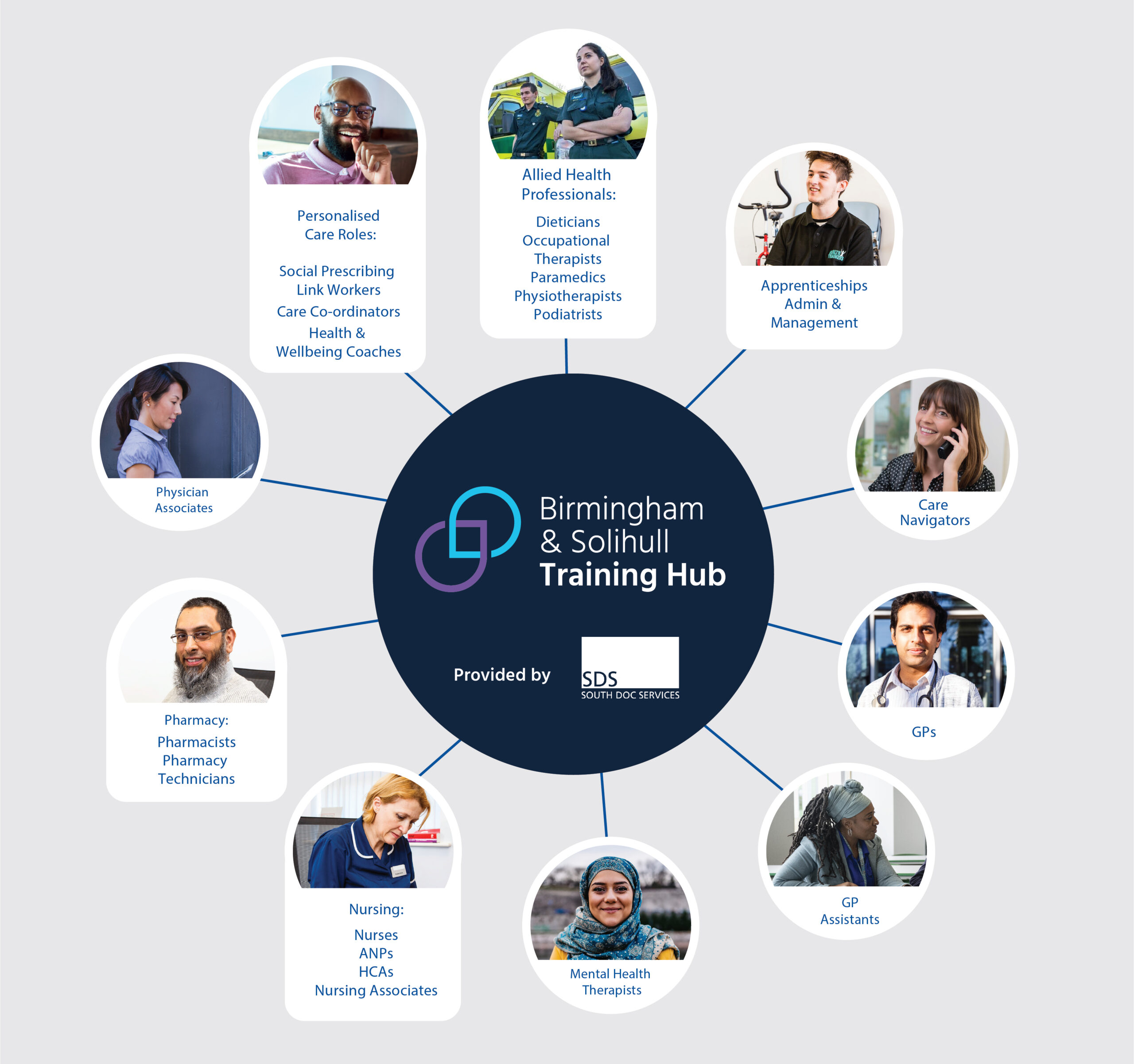Clinical Supervision
Supervision is a process of professional learning and development that enables individuals to reflect on and develop their knowledge, skills and competence, through regular support from another professional.
CQC (2013) have described clinical supervision as:
‘an opportunity for healthcare practitioners to reflect on and review their clinical practice, discuss individual cases in depth and identify changes or modifications to practice which are required to maintain professional and public safety. It provides an opportunity to identify training and continuing development needs.’
Clinic/practice supervision: day-to-day support provided by a named/duty senior/more experienced clinician for issues arising in the practice.
Clinical/professional supervision: regular support from a named senior/experienced clinician/practitioner to promote high clinical standards and develop professional expertise.
Educational supervision: supports learning and enables learners to achieve proficiency.
Supervisors should be adequately trained, experienced and supported to perform their role. They may not always come from the same professional background as the supervisee.
E-Learning for Healthcare have an online learning programme titled ‘Supervision for multi-professional teams’ which is free to NHS professionals
Training will also be highlighted when available (for BSol staff) on the Moodle site
Policy templates:
Supervision Record templates
Guidance:

